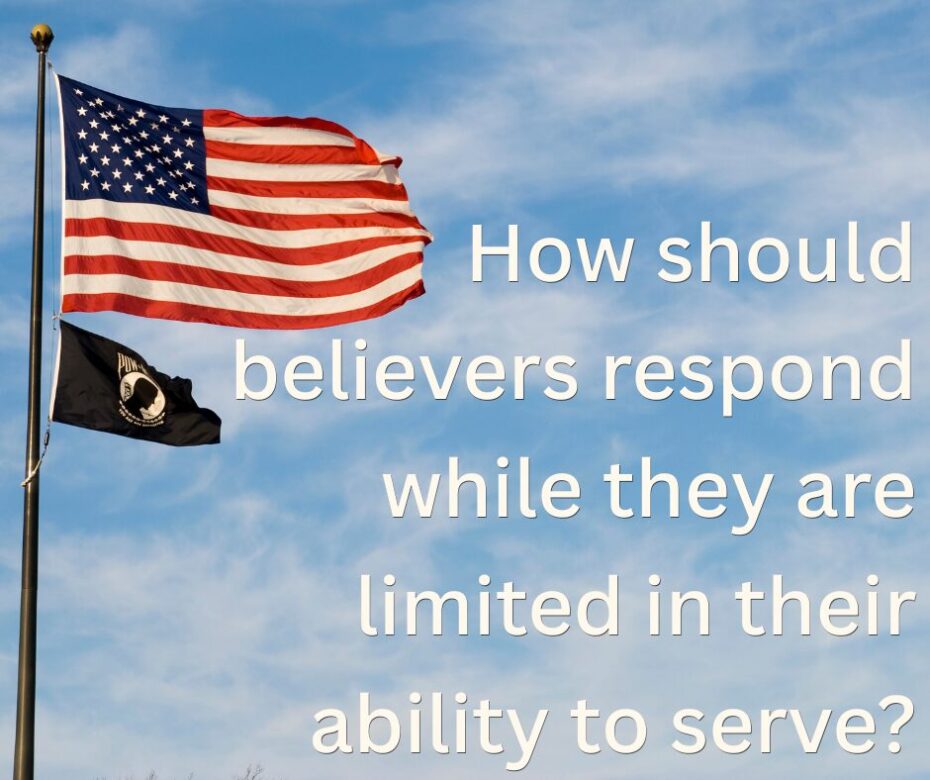During the Vietnam War, a Navy Petty Officer Doug Hegdahl accidentally fell off his ship on April 6th, 1967 and was taken captive by the North Vietnamese. He was held as a prisoner of war (POW) at the Hanoi Hilton, a Vietnamese prison notorious for its brutality and poor living conditions. His seemingly absurd story of falling off his ship was at first met with disbelief by the Vietnamese. However, Hegdahl played into the story and acted as if he was incompetent. He pretended to be illiterate, and that––coupled with his young age and scrawny figure––ultimately convinced the Vietnamese that the petty officer was of low intelligence and no real threat. They referred to him as “the incredibly stupid one.” Since Hegdahl was just a petty officer and was considered dim-witted, the Vietnamese gave him more freedom than the other prisoners, allowing him to move around and sweep the grounds while they slept. Due to his fool’s act, he was able to put rocks and dirt into the Vietnamese’s vehicles, destroying many of them during his stay.
At one point, Hegdahl roomed with Lieutenant Commander Richard Stratton, and the two became close friends. In a conversation between the two, the commanding officer made a statement that significantly impacted the petty officer. Stratton asked:
“What do you do when you lose your weapon? You either
become a chaplain or an intelligence officer.”
This keen advice was a sentiment the petty officer would take to heart. After Hegdahl had been in prison for over two years, the North Vietnamese released him as part of a propaganda strategy. Since Hegdahl was of low rank and thought to be incredibly stupid, it was a good trade in the eyes of the Vietnamese. However, what the Vietnamese didn’t know was that they had just released a walking directory of the POWs who were still in their custody. With the help of his fellow officers and Stratton’s advice, Hegdahl had, during his time in prison, memorized the names and personal information––including social security numbers and names of family members––of over 250 of his fellow soldiers. He did it all to the tune of the children’s song, “Ol’ MacDonald Had a Farm.” Years later, he could still recite the information to the silly jingle. Having no weapon, the young petty officer used what he had and became a prolific intelligence officer.
Due to his efforts, he passed years’ worth of information to the US. Families who had lived without word of their loved ones finally knew for sure that they were still alive. With Hegdahl’s information, the US was able to leverage the North Vietnamese into providing better living conditions for POWs and, ultimately, to organizing the safe return of 256 POWs by the end of the conflict.
Hegdahl illustrates a powerful Biblical principle: Anyone can be useful, no matter the circumstance. GES often hears from our friends about how limited they feel. One of the great struggles we often hear about is that our brothers and sisters in Christ have no Free Grace churches in their area. Perhaps their health prevents them from attending church or serving in a more physical way. Feelings of inadequacy, limited resources, or lack of time make many believers feel powerless. Pastors and deacons outrank them, or maybe, due to some mishap in their past, they feel embarrassed and insignificant. They see the spiritual war being fought by others but feel trapped as prisoners of spiritual warfare (POSW) due to circumstances beyond their control. How do we respond?
Stratton’s words to Hegdahl still ring true. You might not have a gun, but you can always serve as a chaplain or intelligence officer. The words of another POW come to mind:
21 For to me, to live is Christ, and to die is gain. 22 But if I live on in the flesh,
this will mean fruit from my labor. Phil 1:21-22a
Penning these words while in prison, the apostle Paul knew that even in chains he could reap fruit from his labors. He knew there was a reward to be found as a suffering faithful soldier of the Lord (2 Tim 2:3-4). Like Hegdahl, he didn’t let his circumstances prevent him from seeking opportunities to serve, whether witnessing to the soldiers (Phil 1:13) or writing letters to the churches. The apostle understood that his circumstances never prevented him from serving the Lord. The reality is that we all have limitations, but none can be so crippling as a defeatist mindset (Matt 25:24-29). But if we take a page from Hegdahl’s book, the value of a mentality of service becomes evident. Despite his being in prison, his low rank, and his embarrassing dive into the ocean, he looked around and sought ways to serve, regardless of his limitations. He didn’t have a gun, but he had his memory and, more importantly, he wanted to help his fellow soldiers. If one lone POW could accomplish so much with “Ol’ MacDonald Had a Farm,” how much more could the Lord do with a willing Christian soldier?

